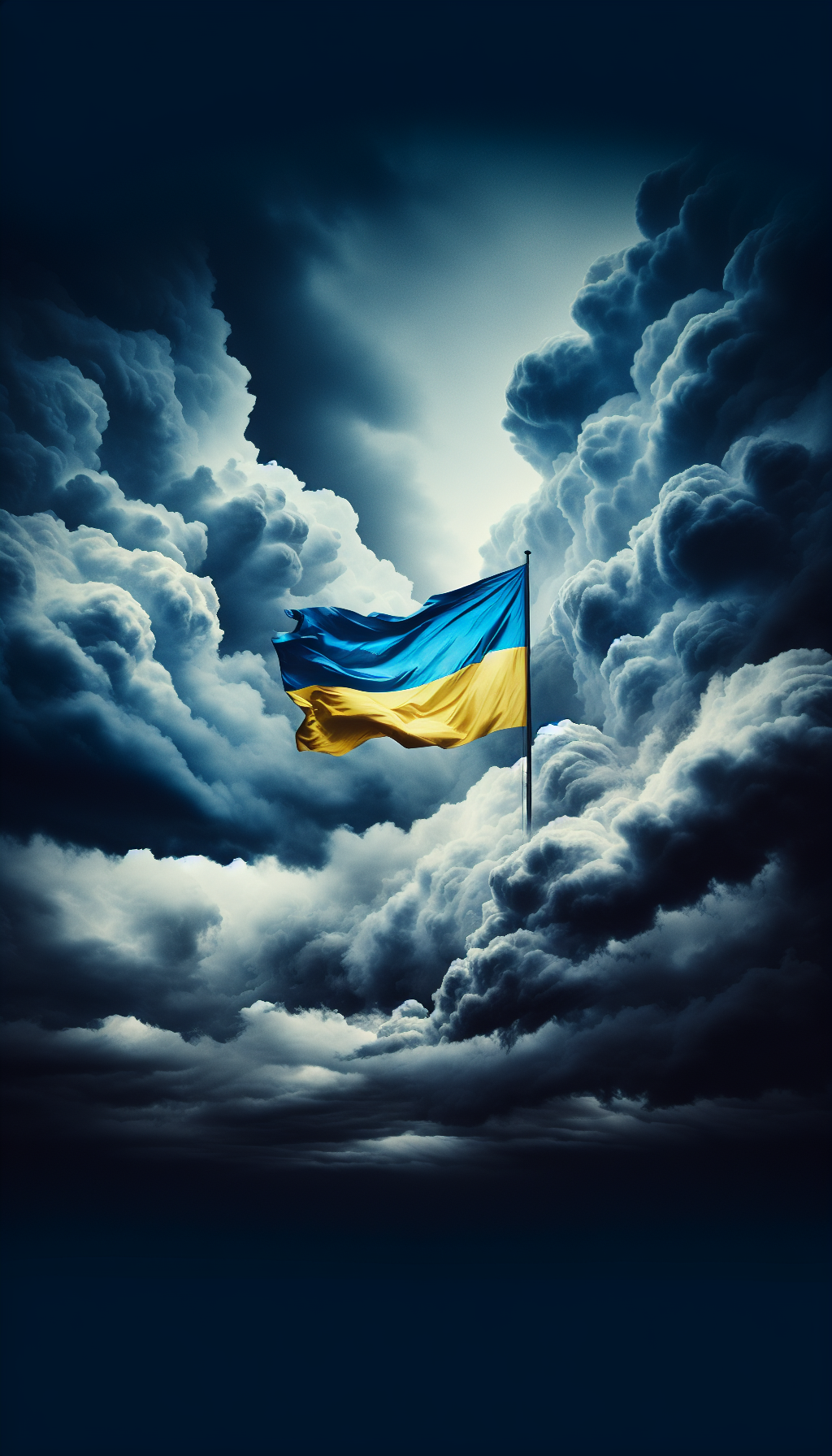Ukraine Advocates Rally Against Hegseth’s “Unrealistic” Stance on Peace Negotiations
By [Your Name], [Date]
Defense Secretary’s Remarks Spark Controversy
Ukraine advocates are expressing outrage following comments made by U.S. Defense Secretary Pete Hegseth indicating that a return to Ukraine’s pre-war borders with Russia is “unrealistic.” This statement was made during a speech to the Ukraine Defense Contact Group held in Belgium on Wednesday.
Hegseth specifically stated that “returning to Ukraine’s pre-2014 borders is an unrealistic objective,” suggesting that European nations should take the lead in providing security guarantees for Ukraine post-conflict, rather than relying on the United States.
Criticism from Pro-Ukraine Voices
The Secretary’s position has been met with criticism from pro-Ukraine commentators who argue that such statements may diminish Ukraine’s leverage ahead of critical peace negotiations with Russia. Brett Bruen, a former director of Global Engagement under the Obama administration, warned, “Putin is gonna pocket this and ask for more.” This sentiment reflects concerns that Hegseth’s remarks could set a dangerous precedent for future discussions with the Kremlin.
Hegseth asserted that achieving “durable peace” for Ukraine must guarantee that hostilities will not resume in the future. However, his proposal of stronger European involvement raised eyebrows, particularly among those who feel that relinquishing commitments to NATO membership for Ukraine undermines allied support.
Implications of Hegseth’s Comments
The contemporary political landscape regarding NATO membership remains fraught, and many experts view Hegseth’s comments as a potential misstep. As discussions regarding peace with President Donald Trump and Russian President Vladimir Putin ramp up, advocates for Ukraine fear that stating such limitations may compromise Ukraine’s bargaining position.
Bruen remarked, “Why would you unilaterally surrender on some of those key strategic issues? Even if Trump ultimately wants to give ground, at least get something in return.” This perspective underscores the common diplomatic strategy of negotiation, where keeping options open is viewed as paramount.
Michael McFaul, former U.S. Ambassador to Russia, expressed similar frustration, questioning why the Trump administration appeared to offer concessions such as Ukrainian territory and the denial of NATO membership without receiving any assurances in return. Echoing Bruen’s sentiments, he emphasized, “You never give up anything to [the Russians] for free.”
Responses from Political Figures
Former National Security Council Europe director, Alexander Vindman, categorized Hegseth’s remarks as “complete capitulation to Putin,” further asserting that this would encourage Russian aggression and harm U.S. national security interests. He stated, “This will embolden Putin and undermine the interests of peace in Ukraine and Europe.”
Political responses extended into Congress, with Rep. Judy Chu (D-Calif.) criticizing Hegseth’s comments as reflective of a “Russia First” policy under Trump, which she claimed prioritizes Russian interests over those of America and its allies.
European Security Responsibility
In addition to discussing the situation in Ukraine, Hegseth emphasized the responsibility of European allies in ensuring continental security. He stated that “European allies must lead from the front,” advocating for a collaborative effort that takes advantage of both European and Pacific capabilities.
His remarks came in a critical moment, with Trump initiating negotiations with both Putin and Ukrainian President Volodymyr Zelenskyy ahead of a precarious meeting during the Munich Security Conference. As U.S. officials engage with Ukraine, hopes for resolving the ongoing conflict are accompanied by concerns over the efficacy of these approaches.
Negotiations and U.S. Aid to Ukraine
In a concerning development, Trump has been reportedly pressuring Ukrainian officials to grant access to strategic rare earth minerals as a condition for U.S. security aid. Treasury Secretary Scott Bessent presented a draft agreement detailing this exchange during a recent visit to Kyiv.
The negotiations were characterized by the timing of a goodwill gesture from Russia, with the recent release of American detainee Marc Fogel viewed by Trump as a positive sign. The former president emphasized the need for immediate negotiations, stating on social media, “It is time to stop this ridiculous war, where there has been massive and totally unnecessary death and destruction.”
Conclusion: A Call for Cautious Diplomacy
As the political landscape continues to evolve, and discussions around Ukraine’s future unfold, the comments made by Hegseth and the responses from political circles suggest a need for careful navigation of diplomacy with Russia. Advocates for a strong stance against Russian aggression are urging a united front that will not sacrifice Ukraine’s sovereignty or leverage at the negotiation table.
While Europe and the U.S. grapple with their roles in ensuring stability in the region, the overarching goal remains the preservation of peace and sovereignty for Ukraine in the face of ongoing challenges.










